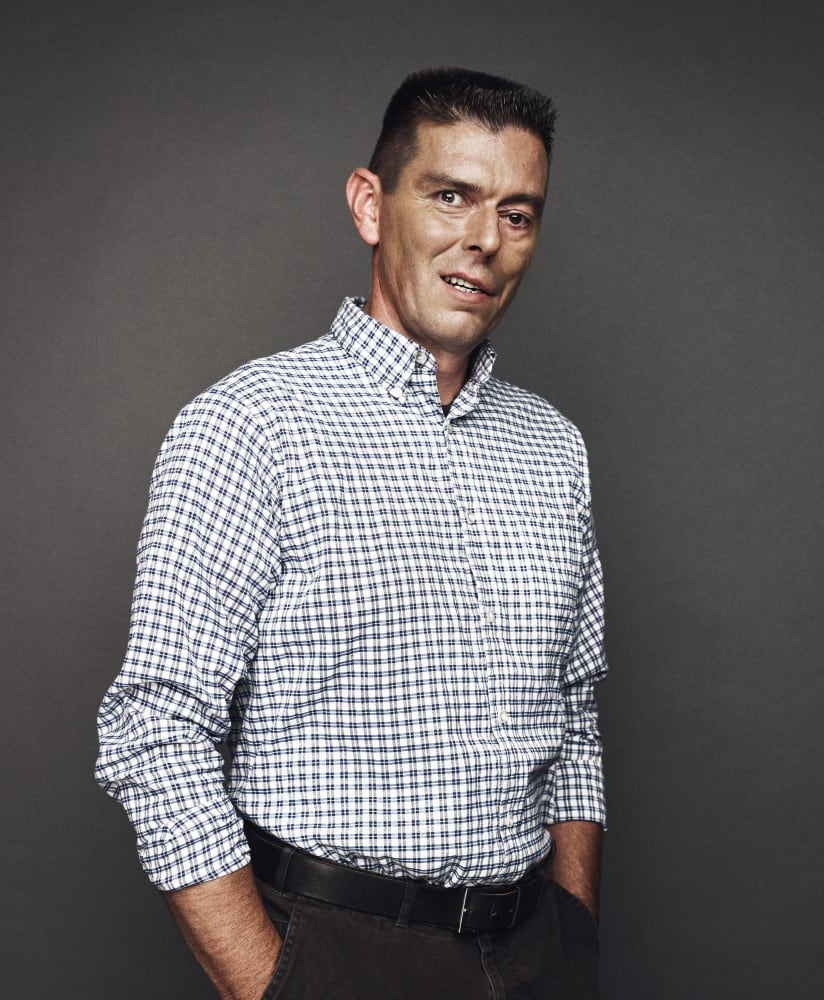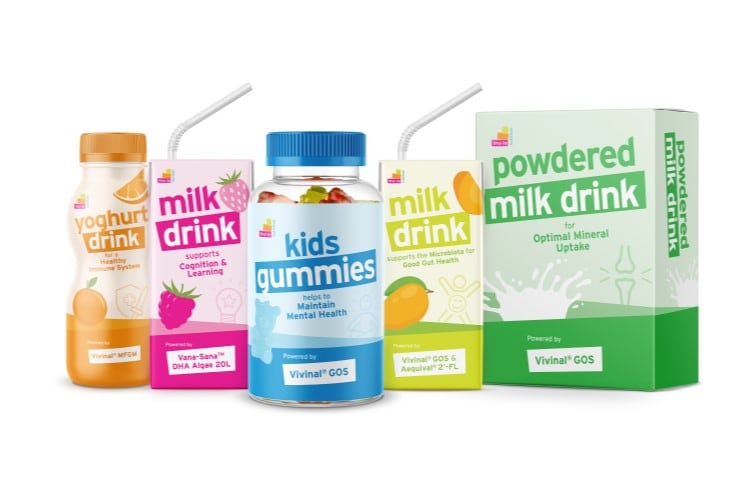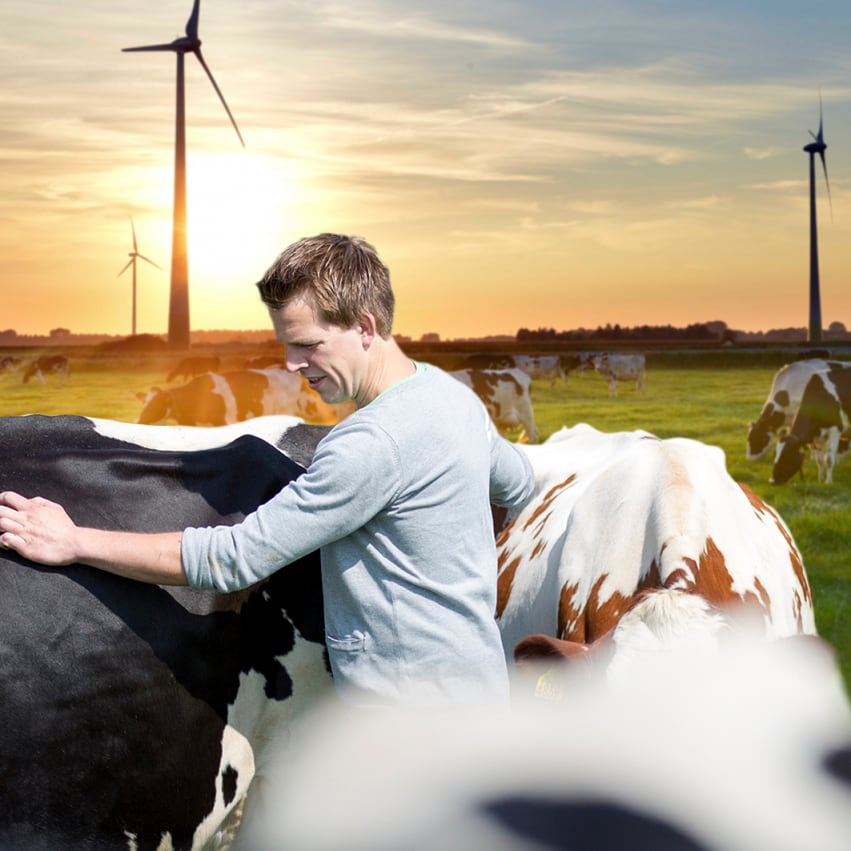Environmental sustainability has been one of the biggest drivers in the food and nutrition industry. As consumers grow more environmentally-conscious, they often consider the impact of the environmental impact of the entire supply chain. According to the Hartman Group (‘Fermenting The Future, 2022), 69% of consumers think we need to collectively find a way to meet society’s nutritional needs with fewer resources such as energy and water. At the same time, 60% believe that scientific and technological innovations can make food more sustainable, and 56% think that tech can make food healthier.
DairyReporter catches up with FrieslandCampina Ingredients director of technology Andor Hendriks to find out how the company is leveraging technology to reduce its environmental impact.

Energy management
Using less energy is one of the biggest changes manufacturers can make to reduce their carbon footprint and improve their bottom line.
“Monitoring energy consumption and collecting data through an Energy Management System (EMS) can be a game changer for a manufacturers’ energy reduction strategy,” Hendriks opens. “We have introduced an EMS at our Veghel, Borculo, Workum and Bedum sites which means we can more accurately monitor our equipment’s performance and energy consumption. But it’s not enough to simply monitor energy usage - an EMS can also provide visual reports that give an hourly, daily, weekly, or monthly view of electric, gas, water, wastewater and steam usage. It can even show us our energy consumption by process line or on an equipment level.”
This means the company can easily see if a piece of equipment is not functioning as expected and take the necessary action. “So far, at one site, we have made an approximate annual energy saving of up to 5% - which quickly adds up,” he explained.
For dairy producers, optimizing processing in ingredient manufacture is key, he suggested. “Dairy processing can use a lot of water and we have set the goal to reduce the amount of water we use by 25% by 2030,” said Hendriks. “To do this, we re-use water as much as possible to minimise the need for additional clean water.
“We also recycle some of the minerals that are extracted from milk but that aren’t used in our ingredients, repurposing them for animal feed.”
“Looking to the future, we aim to have full circularity of the unused minerals so we can reduce waste throughout the production process.”
The latest specialized dairy processing equipment can make a big difference in sustainability and ingredient quality, he added. “For example, at our Veghel site, we use specialty membrane filtration technology that allows us to effectively separate proteins, water, lactose and salts in milk. We also employ an advanced crystallisation system thanks to which we can control lactose crystal size, ensuring a solution’s storage stability and quality. Meanwhile, energy-efficient electric equipment for evaporation and distinctive drying technologies enhance product durability while reducing energy consumption.”
FrieslandCampina Ingredients recently expanded its lactoferrin production capacity and uses high-precision technique to extract the sought-after ingredient from milk.
Connected factory
Automation is bound to play a significant role in the future of sustainable dairy processing. According to Hendriks, automation can both provide visibility into production processes while helping manufacturers to optimize their operations holistically. “For example, in factories with a constant flow of milk being processed, every part of the production has to be connected and automated,” he said. “If there is even a half second dip in electricity and a machine stops, a queue of milk trucks would start building up and a backlog would need to be worked through, causing timely and resource-intensive delays. Leveraging the latest automation technology can help always ensure continuous processing.”
But investing in technology is only one part of the story – training and education are ‘equally critical’ according to Hendriks, who said that FrieslandCampina Ingredients hosts regular site meetings and workshops to review its progress and future sustainability plans. “By combining the best, most sustainable processing technologies with a personal commitment to nourishing a better planet – we can make sure people have access to nutritious dairy ingredients now and for generations to come,” he concluded.




